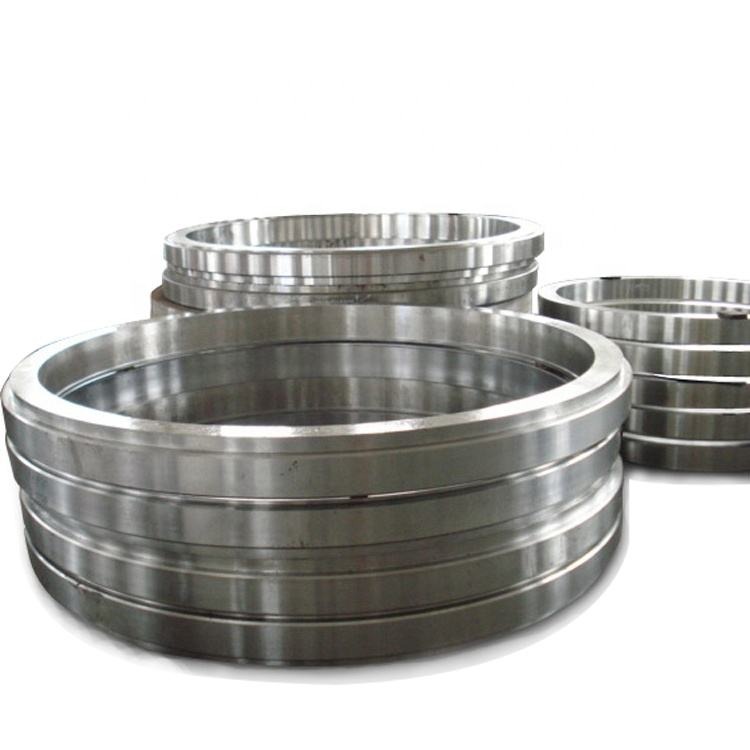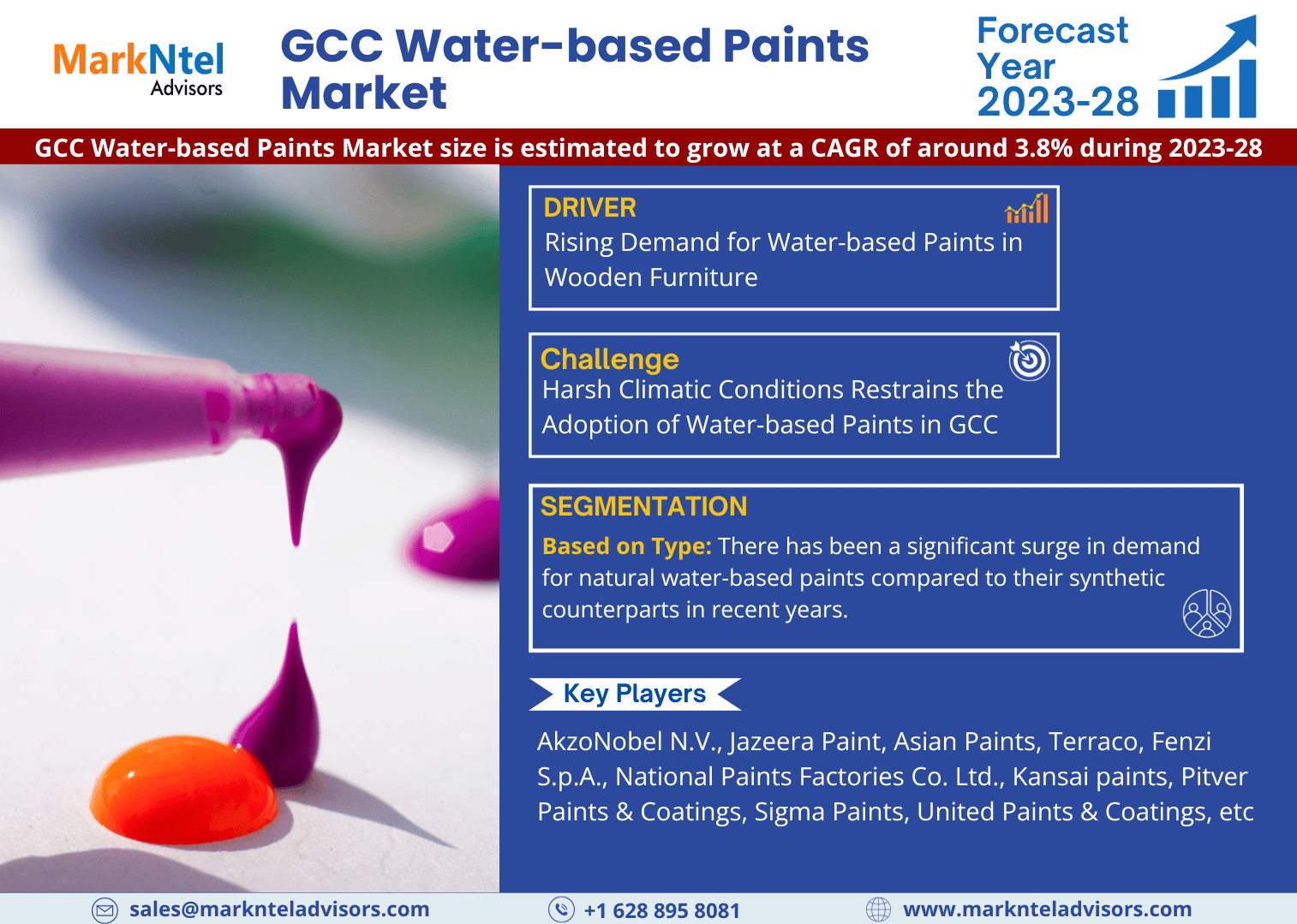When it comes to high-performance alloys used in extreme environments, Inconel Forgings stand out as one of the most reliable and durable solutions in modern industries. From aerospace to marine applications, Inconel is a name synonymous with strength, resistance, and longevity.
But what exactly are Inconel forgings? What makes them so special, and where are they used? This article dives deep into the properties, applications, and benefits of Inconel forgings, using easy-to-understand language and structured information so even non-technical readers can grasp the concept.
What Is Inconel?
Before diving into Inconel forgings, it’s crucial to understand what Inconel itself is.
Inconel is a family of austenitic nickel-chromium-based superalloys known for their ability to withstand extreme temperatures, pressure, and corrosion. These alloys retain strength over a wide temperature range and are often used in harsh environments where other metals would fail.
Some popular grades of Inconel include:
- Inconel 600
- Inconel 625
- Inconel 718
Each grade has its unique composition and performance characteristics, tailored for different industrial needs.
What Are Inconel Forgings?
Inconel Forgings refer to parts that are manufactured by shaping the Inconel alloy under high pressure, using forging processes such as open-die, closed-die, or ring rolling.
Forging enhances the mechanical properties of Inconel, aligning the grain structure and reducing voids and porosity, which results in a product that is significantly stronger than a cast or machined component.
Why Is Forging Preferred for Inconel?
- Improved strength and fatigue resistance
- Enhanced grain flow orientation
- Higher structural integrity
- Greater resistance to wear and impact
Key Properties of Inconel Forgings
1. High-Temperature Strength
Inconel forgings can maintain mechanical strength and stability even at temperatures exceeding 2000°F (1093°C). This makes them ideal for aerospace engine components, power turbines, and heat exchangers.
2. Corrosion and Oxidation Resistance
Thanks to their high nickel and chromium content, Inconel forgings offer superior resistance to:
- Acidic and alkaline environments
- Chloride-ion stress corrosion
- Oxidation and scaling at high temperatures
This makes them invaluable in marine, chemical processing, and offshore drilling applications.
3. Excellent Fatigue and Creep Resistance
The forging process enhances creep rupture strength and fatigue resistance, meaning that Inconel forgings perform exceptionally well under cyclic loading and long-term exposure to heat and pressure.
4. Non-Magnetic and Stable
Many Inconel grades are non-magnetic, and their thermal expansion properties remain stable, which is crucial in precision industries like aerospace and electronics.
5. Superior Weldability and Machinability (in Specific Grades)
Certain grades like Inconel 625 and 718 are easier to weld and machine, making them preferred choices for intricate parts and large assemblies.
Common Grades of Inconel Used in Forgings
Inconel 600
- Great for heat and corrosion resistance
- Used in chemical and food processing equipment
Inconel 625
- Highly resistant to seawater, acids, and stress corrosion
- Common in marine and aerospace components
Inconel 718
- Known for high strength, good ductility, and excellent weldability
- Often used in jet engines, rocket motors, and nuclear reactors
Applications of Inconel Forgings
The unique combination of heat resistance, strength, and corrosion resistance makes Inconel forgings suitable for a wide range of critical applications across various industries.
1. Aerospace and Aviation
Inconel forgings are used in:
- Jet engine turbine blades
- Afterburners
- Exhaust ducts
- Fasteners and brackets
Their ability to withstand extreme heat and pressure ensures safety and performance in flight-critical components.
2. Oil & Gas and Offshore Drilling
With superior resistance to chloride stress corrosion and sulfide cracking, Inconel forgings are ideal for:
- Subsea wellhead components
- Drill collars
- Pump shafts and valves
They perform reliably even in sour gas or high-pressure high-temperature (HPHT) environments.
3. Marine and Naval
Due to its resistance to saltwater corrosion, Inconel is widely used in:
- Propeller shafts
- Pump impellers
- Submarine components
4. Power Generation
Inconel forgings are used in:
- Gas turbines
- Boilers
- Heat recovery steam generators
Their stability at high temperatures ensures consistent energy output and longer component life.
5. Nuclear Industry
With high radiation tolerance and dimensional stability, Inconel forgings serve in:
- Reactor cores
- Control rod components
- Radiation shielding
6. Chemical and Petrochemical
Their resistance to acidic and alkaline environments makes them ideal for:
- Reactor vessels
- Heat exchangers
- Pipe fittings and valves
Types of Inconel Forged Products
Depending on the application, Inconel forgings are manufactured into various forms such as:
- Rings (Seamless Rolled Rings)
- Flanges
- Shafts
- Blocks
- Discs
- Valves and Fittings
Each type of forging is customized to precise specifications to meet industrial requirements.
Benefits of Using Inconel Forgings
Let’s break down why Inconel forgings are preferred over other types of components in demanding industries.
1. Extended Service Life
Forged Inconel parts exhibit longer lifespans compared to cast or machined counterparts due to their dense, aligned grain structure.
2. Lower Maintenance and Downtime
Their resistance to wear, oxidation, and thermal cycling means they require less frequent replacement or repair, minimizing operational downtime.
3. Safety in Extreme Conditions
Inconel forgings maintain dimensional and structural integrity in extreme pressure and temperature conditions, making them essential for mission-critical applications.
4. Cost-Effective Over Time
While Inconel materials and forgings may have higher upfront costs, the long-term savings in replacement, maintenance, and failure prevention make them highly cost-effective.
5. Versatility in Fabrication
Certain grades offer good weldability and machinability, allowing for complex, custom-engineered parts.
How to Choose the Right Inconel Forging for Your Application
Ask the following questions:
- What environment will the part be exposed to? (Temperature, corrosion, pressure)
- What mechanical properties are needed? (Tensile strength, fatigue resistance, etc.)
- Is weldability or machinability important?
- Are there weight restrictions?
Choosing the right grade of Inconel and forging type is key to ensuring performance, durability, and safety.
Conclusion
In summary, Inconel forgings offer a powerful combination of strength, heat resistance, corrosion resistance, and longevity that few other materials can match. Whether you’re building a jet engine or an offshore drilling platform, Inconel delivers the performance needed to thrive in the harshest environments.
By understanding the properties, applications, and benefits of Inconel forgings, industries can make informed decisions that ensure efficiency, reliability, and safety.


